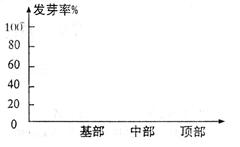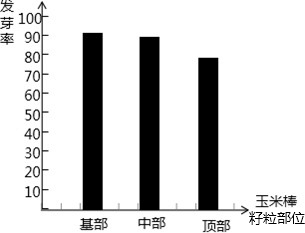Questions 6-10 are based on the following passage.
The term control is highly—and unjustifiably—unpopular. Some of its unpopularity can be traced to educational and philosophical writings that have addressed issues of freedom, self- determination, self-worth, individuality, and other humanistic concerns—concerns often equated with liberal and permissive child-rearing and educational methods. They are the concerns that define the spirit of these times. No teacher wants to be nonliberal and restrictive. And there is little doubt that the deliberate exercise of control is restrictive. Is control therefore unethical
There is, of course, no simple answer, ff there were, there would be little controversy, and behaviorists and humanists would have much less to disagree about.
Consider, first, that control is not only inevitable but also necessary. There is no doubt that teachers, by virtue of their position and by virtue of their duties, have control. Indeed, it is not at all unreasonable to insist that the exercise of control is one of the teacher’s most important duties. We are not speaking here of a fear-enforced control that might have been characteristic of some of yesterday’s schools. Control can be achieved, or at least facilitated, in a variety of gentle ways, some of which can be learned.
Parents too control their children (or at least try), often by setting limits for their behavior. Part of the successful socialization process requires that children be prevented from engaging in behaviors that might be injurious to themselves or to others. Thus, parents do not permit their children to play with the dinner as it is cooking on the stove, to insert knives into electrical outlets, to jump off ladders, or to swim in dangerous waters. Less extreme instances of control involve the teaching of socially appropriate behavior, of values and morals—of "shoulds" and "should nots". It is less by accident than by virtue of parental control that children learn not to deface wall, steal other people’s property, or kill the neighbor’s god. In short, certain standards of behavior are learned at least partly as a function of parental control. Whether that control involves reinforcement, punishment, models, reasoning, or a combination of these and other strategies, we cannot avoid the fact that control is being exercised.
The classroom situation is not really very different. Teachers have often been described as acting [in loco parentis]—in the place of parents. More precisely, teachers have been urged to act in all ways as might a wise, judicious, and loving parent. And there is, in fact, no great incompatibility between values held in highest esteem by those who describe themselves as humanistically oriented and the techniques of behavior control that have been described by science. Love, empathy, warmth, genuineness, and honesty can go a long way toward ensuring a classroom climate corducive to and learning and development. In spite of these highly desirable qualities, however, discipline problems are not uncommon in classrooms. That teachers should judiciously administer rewards and punishment in an effort to maintain an effective educational environment does not mean that they care less for their students; indeed, in might well indicate that they care more. |




